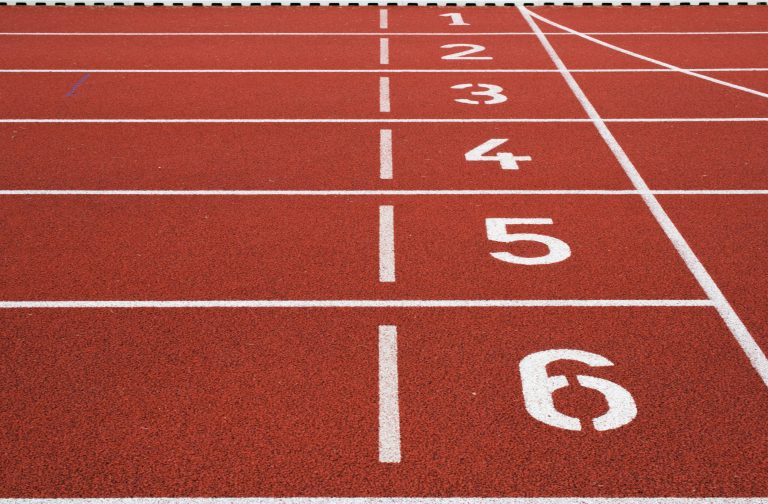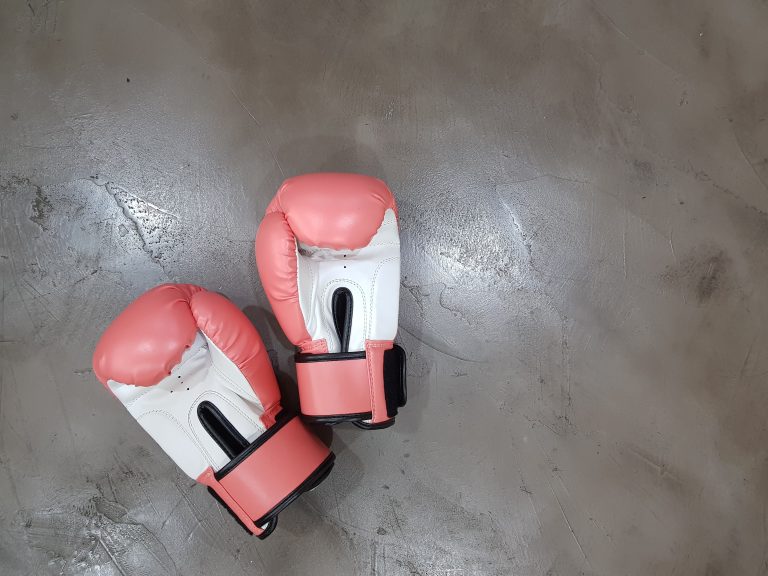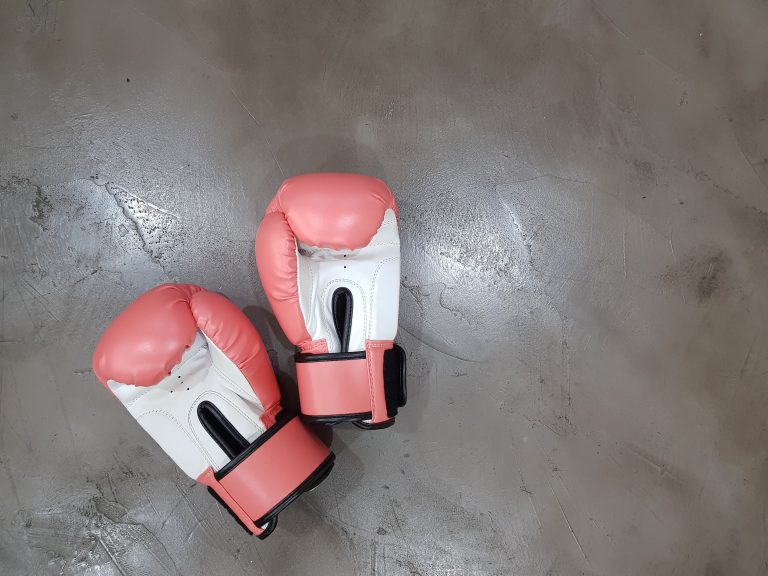Is Karate Good for Autism?
Autism, also known as Autism Spectrum Disorder (ASD), is a neurodevelopmental disorder that affects communication, social interaction, and behavior. It is estimated to affect about 1 in 54 children in the United States, according to the Centers for Disease Control and Prevention (CDC).
Karate is a form of martial arts that involves physical exercise, self-defense techniques, and life skills training. Many parents wonder if karate is a good activity for their child with autism. In this article, we will explore the benefits and drawbacks of karate for autism and what parents should consider before enrolling their child in a karate program.
The Benefits of Karate for Autism
Karate has been shown to offer several benefits for individuals with autism. Here are some of the ways that karate can be helpful:
Social Interaction Skills:
Karate classes involve group settings, which can help children with autism develop social interaction skills. The structured environment of the classes helps children understand the rules and routines of social interactions, which may be difficult for them to do in unstructured settings. Karate teachers are trained to work with children with special needs and can provide individualized instruction to children who may struggle with certain aspects of social interaction.
Improved Behavior and Focus:
Karate incorporates exercise and physical activity, which can help reduce hyperactivity and improve focus. Children with autism may struggle with impulse control and sensory processing, which can lead to behavioral issues. The structured and repetitive movements of karate help children improve their coordination, focus their attention, and regulate their sensory needs.
Sensory Integration:
Karate involves physical touch, movement, and body awareness, which can help children with autism improve their sensory integration. Sensory integration is the process of organizing sensory information from the environment and the body to create an appropriate response. Children with autism may struggle with sensory integration, which can cause difficulties in processing information and interacting with the world around them. Karate classes can provide opportunities for children to practice sensory integration skills in a safe and structured environment.
What to Consider Before Enrolling Your Child in Karate
While karate can offer many benefits for children with autism, it is important to consider some key factors before enrolling your child in a program:
Functioning Level:
Children with autism vary in their abilities and functioning levels. It is important to consider your child’s individual needs and abilities before enrolling them in a karate program. Some children may not have the motor skills or cognitive abilities to participate in karate classes, while others may thrive in the structured environment.
Behavioral Issues:
Karate classes involve physical activity and social interaction, which may be difficult for children who struggle with behavioral issues. It is important to discuss your child’s behavioral challenges with the karate instructor to ensure that they are prepared to work with your child’s needs. Some karate programs may offer one-on-one instruction or smaller class sizes for children who require additional support.
Safety Precautions:
Karate involves physical contact and movement, which can pose safety risks for children. It is important to ensure that the karate program has safety protocols in place to prevent injuries. Some programs may require protective gear, such as helmets or pads, to ensure the safety of all participants.
Is Karate Good for Autism? Frequently Asked Questions and Answers
Karate is a popular martial art that has been shown to help improve focus, discipline, self-confidence, and flexibility. It is also considered by many experts to be beneficial for children and adults with autism. In this article, we’re going to answer some frequently asked questions about the topic.
1. What is autism?
Autism Spectrum Disorder (ASD) is a neurological condition that affects communication, social interaction, and behavior. It is a developmental disorder that typically shows up during early childhood and persists throughout a person’s life. Some common symptoms of autism include difficulty with social interactions, repetitive behaviors, and delayed language development.
2. How can martial arts like karate help people with autism?
Martial arts can be a beneficial form of therapy for people with autism because they help improve physical coordination, focus, and discipline. The structured environment of a martial arts class can also help children and adults with autism develop important social skills and improve their ability to communicate with others.
3. Can karate help with sensory issues?
Many individuals with autism have sensory processing issues, which can make them sensitive to certain sounds, textures, and smells. Karate can help with these issues because it provides a sensory-rich environment that can help desensitize children and adults with autism to different types of stimuli.
4. Can karate help with emotional regulation?
Yes, studies have shown that martial arts training can help improve emotional regulation in children with autism. Karate can teach children and adults how to regulate their emotions and control their impulses, which can lead to better behavior and improved social interactions.
5. How can I find a karate class that is appropriate for someone with autism?
It’s important to find a karate class that is taught by an instructor who has experience working with individuals with autism. Look for instructors who have received specialized training in teaching martial arts to children and adults with special needs. You can also check with local autism organizations or support groups to see if they recommend any martial arts programs in your area.
6. Is it safe for a person with autism to participate in karate?
Yes, as long as the instructor is trained to work with individuals with special needs, karate can be a safe and beneficial activity for people with autism. However, it’s important to make sure that the individual is physically able to participate in the class and that any necessary accommodations, such as visual cues or modifications to movements, are made.
7. What are some other benefits of karate for people with autism?
In addition to the benefits we’ve already mentioned, karate can also be a fun and engaging way for children and adults with autism to improve their physical fitness, self-esteem, and overall well-being. Karate classes can provide a supportive and social environment that can help individuals with autism feel more confident and connected to others.
In conclusion, karate can be a beneficial activity for children and adults with autism. It provides a structured and supportive environment that can help improve physical coordination, focus, discipline, and social skills. If you’re interested in exploring karate as a form of therapy for someone with autism, be sure to find a qualified instructor who has experience working with individuals with special needs.
Is Karate Good for Autism? A Comprehensive Guide
If you’re a parent of a child with autism, chances are you’re constantly on the lookout for activities that can help your child improve their social, emotional, and physical skills. One activity that’s been gaining popularity among families with autistic children is karate. But is karate really good for autism? In this guide, we’ll take a closer look at the benefits of karate for children with autism and provide you with clear step-by-step instructions on how to get started.
The Benefits of Karate for Children with Autism
Karate is a martial art that originated in Japan and involves a combination of physical and mental training. Here are some of the key benefits of karate for children with autism:
Physical Benefits
Many children with autism struggle with gross motor skills and coordination. Karate can help improve balance, coordination, and body awareness through a combination of moves that involve kicking, punching, and blocking. Additionally, karate can help improve cardiovascular fitness and muscle strength.
Emotional Benefits
Karate can be a great way for children with autism to develop emotional regulation skills. Through karate, children can learn how to control their impulses, manage their emotions, and improve their self-esteem. The structure and discipline of karate classes can also help children with autism learn how to follow rules and routines.
Social Benefits
Karate classes provide children with autism the opportunity to interact with their peers in a structured setting. This can help them develop their social skills, such as turn-taking, sharing, and communication. Additionally, karate classes often involve group activities and teamwork, which can help children develop their cooperation and collaboration skills.
How to Get Started with Karate Lessons
Now that you know some of the benefits of karate for children with autism, you might be wondering how to get started with lessons. Here are some clear step-by-step instructions:
Step 1: Find a Karate School that Understands Autism
When searching for a karate school, it’s important to find one that understands the unique needs of children with autism. Look for a school that has experience teaching children with special needs and has instructors who are willing to meet with you and your child beforehand to discuss any accommodations that may be necessary.
Step 2: Schedule a Trial Class
Before committing to a karate school, it’s a good idea to schedule a trial class to see if your child enjoys it. Many karate schools offer free trial classes, so take advantage of this opportunity to see if your child enjoys the environment and the activities.
Step 3: Discuss Accommodations with the Instructor
If your child decides to continue with karate lessons, it’s important to discuss any accommodations that may be necessary with the instructor. For example, your child may need a quieter or less crowded environment, or may need more one-on-one attention from the instructor. Work with the instructor to come up with a plan that meets your child’s needs.
Step 4: Stay Involved and Encouraging
As your child progresses through their karate lessons, it’s important to stay involved and encouraging. Attend classes with your child or watch from the sidelines to show your support. Celebrate their achievements and encourage them to keep practicing and improving.
Conclusion
Karate can be a great activity for children with autism, providing them with opportunities to improve their physical, emotional, and social skills. By following the steps outlined in this guide, you can help your child get started and make the most out of their karate lessons.
Inhaltsverzeichnis






